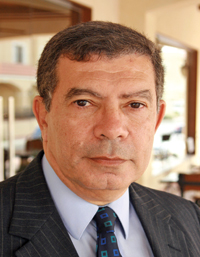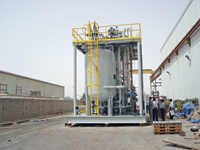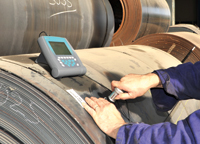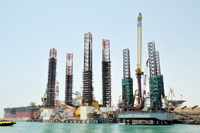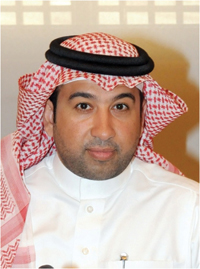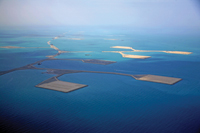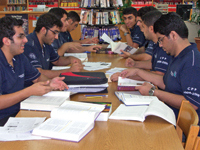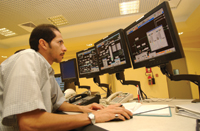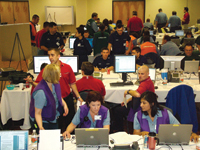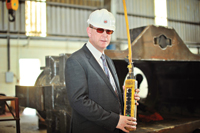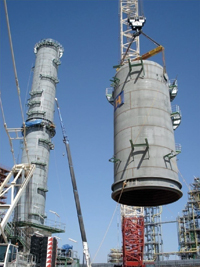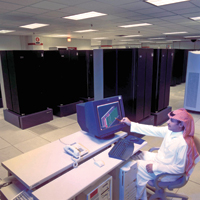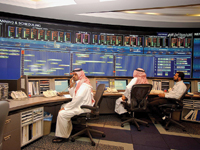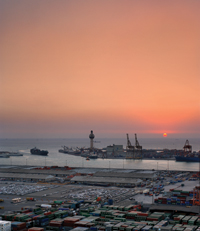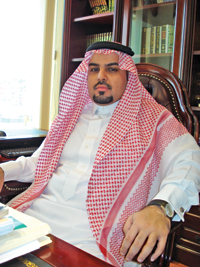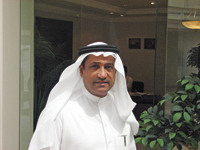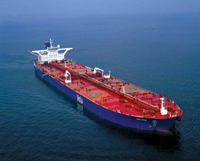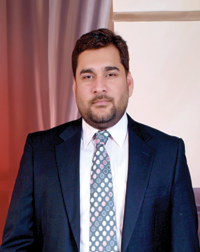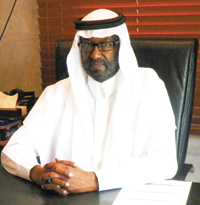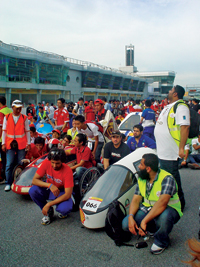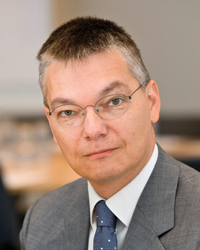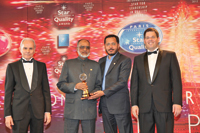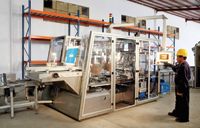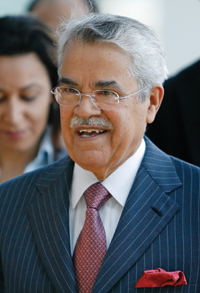
WITH nearly 4 billion people, almost 60 per cent of the world’s population, Asia consumes 31 percent of global oil demand, and that figure is rising.
Saudi Aramco’s business with Asia is about more than just shipping oil and products. By having a stake in four joint ventures in the region and partnering with Japan’s Sumitomo Chemical Group in the kingdom’s first integrated petroleum refinery and petrochemical complex, Petro Rabigh, Saudi Aramco is diligently preparing for the future.
The company’s success lies in the hands of employees who have the training and specialised skills to operate in this exciting and welcoming business environment. The Training and Development (T&D) organisation has the responsibility of ensuring that the current and future workforce is prepared to deal with the shifting sands of the company’s business.
For more than 50 years, Saudi Aramco has sponsored thousands of students in the College Degree Programme (CDP) for employees and non-Employees (CDPNE) to study in universities out-of-kingdom, typically in Europe or North America.
That hasn’t changed. However, in recent years, an increasing number of CDPNEs have been boarding planes and heading East as they take up degree programmes at some of Asia’s leading universities. So far, 45 have graduated, and another 33 are currently studying in China, Japan and Korea.
The degree programmes are taught in the local language, meaning only the most accomplished CDPNEs are selected because they are the most likely candidates to successfully handle the exacting linguistic challenges.
Before leaving the kingdom, the students are given 6-9 months of academic and cultural preparation, and after arrival they spend up to two years in a local language institute before beginning their academic studies.
Support is provided by regional Aramco Overseas Company (AOC) affiliate offices in Shanghai, Tokyo and Hong Kong, giving students all the coaching they need to adapt to their new environment. Huda Ghoson, T&D general manager, says that sending young CDPNEs to Asia is crucial for the company’s growth in the region.
“Every year we send a group of students, and they study subjects from finance to engineering. When they come back they are assigned to organisations that can use not only the technical knowledge but also the culture and the language. We think that this is going to be like a feedstock for major projects in the East as we expand,” says Ghoson.
“We work very closely with our partners in the business lines to tell us their business needs; we then prepare the students to meet those needs. Hence the students study a variety of different subjects.” Saudi Aramco is already reaping the rewards of the programme, with returning graduates impressing their supervisors with their newly acquired skill sets.
“The graduates bring a different discipline and perspective to critical thinking and decision-making and approaching business in general, which is a plus. As we get more business deals and joint ventures with Far East companies, they help with the language to facilitate the business,” says Ghoson.
And as she notes, the graduates’ newly attained language and cultural knowledge is an asset for the whole kingdom and not just the company. “Sometimes (the graduates) are used by high dignitaries when they go to the Far East for business.”
Saudi Aramco’s four joint ventures in Asia are also providing young employees with a chance to get hands-on business and operations experience. Each year selected employees are sent to Asia to work side-by-side with the company’s business partners, where they apply their skills, and, as importantly, learn new ones.
“Once these employees complete their assignments, they bring back with them, in addition to the work and education knowledge, in-depth awareness of Asian culture and language skills, which will contribute to Saudi Aramco’s efforts to expand in Asia,” says Ziyad Juraifani of Domestic Joint Ventures.
Although preparing young employees for Saudi Aramco’s future needs is critical, equally important is ensuring the company’s leading executives are attuned to the Asian business market. In 2010 the Management Development Department (MDD) initiated the Asia Business and Culture (ABC) programme.
For one month 17 executives were taken out of their day-to-day responsibilities and sent to China, Japan and Korea, where they met business leaders and learned about local cultures and customs. The programme’s goal is to give the executives an understanding of the role and impact of Asia on the global economy as well as preparing them to be effective communicators, managers and negotiators in the Asian business market.
The initiative was such a success that the company now plans to make the programme a biannual occurrence. “There are very few companies that dedicate this type of learning experience for its leaders,” says Daniel Wilson, from MDD.







































































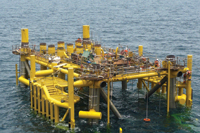
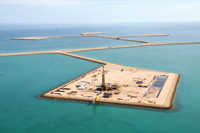


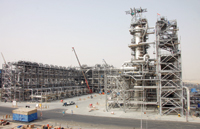


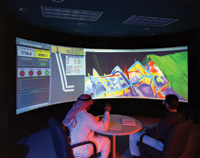
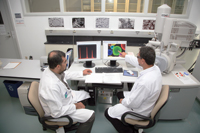

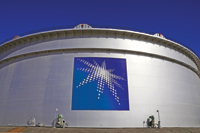
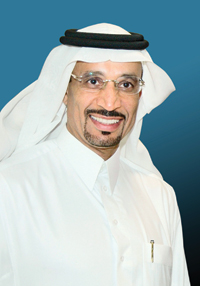


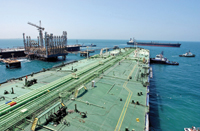

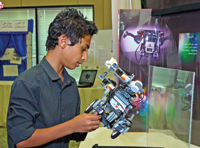
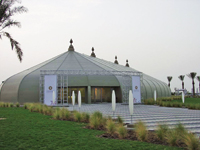
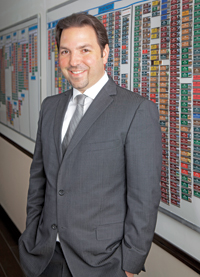
.jpg)
